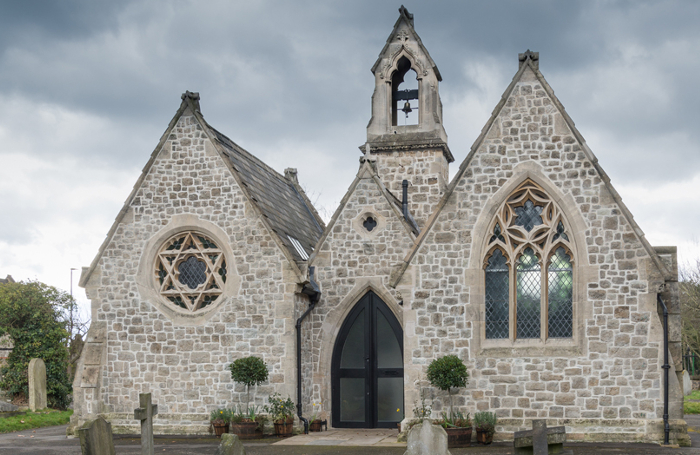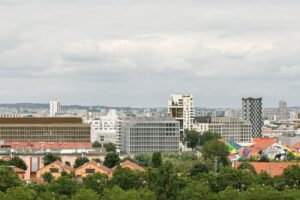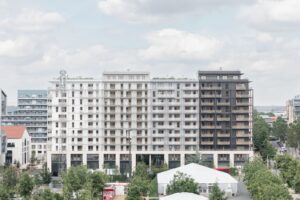Does Retrofitting A Building Compromise Its Architectural History?The Architecture Designs

There is a considerable debate in the architectural world about whether or not retrofitting a building compromises its architectural history. On one side of the argument, you have people who believe that it is important to preserve the original design of a building, no matter what. On the other side, you have people who say that if a building is in danger of collapsing, it is more important to save lives than to preserve the original design. Which side do you agree with?
What Retrofitting Does To A Building
source: pinterest.com
Retrofitting is the process of adding new features or strengthening existing features in a building. This is usually done to improve the safety or performance of the building. For example, retrofitting might involve adding earthquake proofing to an old building. Dr. Pedram Zohrevand, retrofitting expert and President of CES4, lists some cautionary measures usually implemented in this process: shear walls, steel braced frames, and fiber-reinforced polymers, to name a few.
The Importance of Preserving Architectural History
source: pinterest.com
There are a few reasons why some people believe you should preserve the original design of a building, no matter what. The first reason is that buildings are a part of our history, and we should do everything we can to preserve them. The second reason is that retrofitting a building can sometimes change how it looks, and some believe this takes away from its original beauty.
The third reason is that retrofitting a building can be very expensive. Though these are all understandable challenges, Pedram Zohrevand believes that it’s worth working through to protect your property.
But the most crucial reason why we should preserve the original design of a building is that it is a symbol of our culture. Each building tells a story about the people who built it and the time period in which it was made. When we retrofit a building, we not only change its appearance but also change its history. We may forget about the importance of preserving architectural history. Still, future generations will not be able to appreciate our buildings if we keep changing them every time they start to fall apart.
The Importance of Saving Lives
source: nps.gov
On the other side of the argument, you have people who believe that if a building is in danger of collapsing, it is more important to save lives than to preserve the original design. The reasoning is that a building can always be rebuilt, but a life cannot be replaced. In addition, retrofitting a building can sometimes make it more structurally sound and therefore less likely to collapse in the first place.
Though individuals who favor preserving a property over making it safe tend to argue that future generations will not be able to enjoy historical artifacts if they are edited, the same goes for buildings that are not protected. Many older buildings are not up to code with construction laws and risk being destroyed entirely at the expense of an earthquake or other disaster, possibly taking human lives with them. Is preserving a structure’s history more critical than the lives of those inside?
Final Thoughts
source: frontiersin.org
So, what side of the argument do you agree with? Are you more concerned with preserving a building’s architectural history or saving lives? If you’re still undecided, consider this: would you rather have a safe building that is not an accurate representation of history or an unsafe building that is an accurate representation of history?
There is no right or wrong answer to this question. It is up to each individual to decide what is more important to them. However, it is crucial to consider both sides of the argument before deciding. Whichever side you choose, make sure you can justify your decision.
The post Does Retrofitting A Building Compromise Its Architectural History? appeared first on The Architecture Designs.





